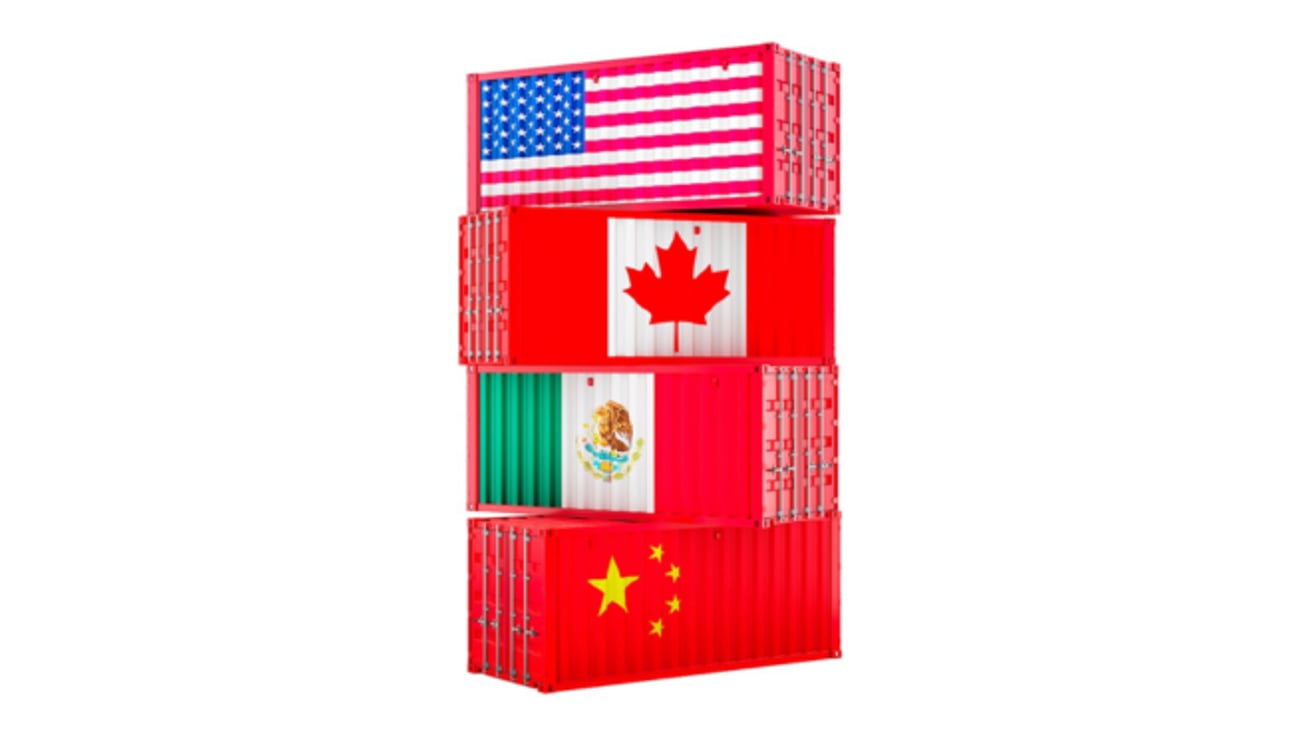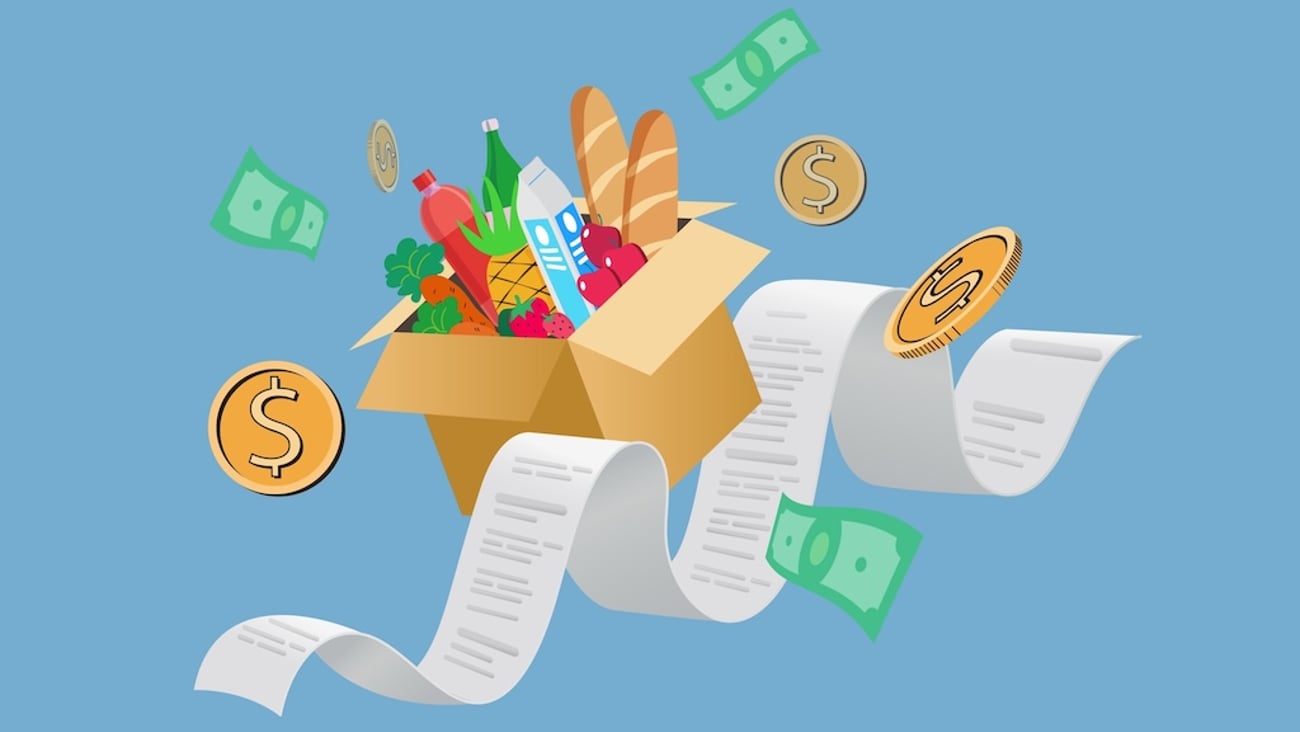With trucking vaccine mandate, Canada’s food security is at greater risk
Ottawa is moving ahead with its plan to require all truckers entering from the U.S. show proof of vaccination. Vaccines are the most effective way to reduce risks, stop the spread of the virus and save lives. No doubt. But, the situation affecting the trucking industry could impact food access for Canadians. This is the first public health measure that could disrupt trades between Canada and the U.S. since the start of the pandemic.
According to the Canadian Trucking Alliance, about 16,000 drivers could be forced off the road. We need these drivers now more than ever, many of whom transport food products across the border every day.
Canada imports about $21 billion worth of agri-food products from the U.S. every year, and about 60% to 70% of the food imported arrives on wheels. That’s nearly 20% of the food Canadians buy in both food service and retail. And the timing isn't great either. Much of the volume comes through during the winter months, when produce from the southern states offers welcome supplies to Canadian consumers. Stopping some of that business could drive up retail prices even further in weeks to come.
The industry was already short 18,000 drivers. Truckers work independently most of the time. Compared to other essential workers, contact with other people is reduced. A vaccine mandate might not help extensively in this case.
The Trudeau government knows has implemented a strict inoculation policy for civil servants and federally regulated workers since the start of the pandemic, and Omicron has only motivated the government to stick with its resolve on vaccine mandates. But border access can potentially become a food security issue for Canadians.
Quebec recently backed down from its vaccine mandate for healthcare workers, concerned such a measure would put even more strain on the province’s already frail healthcare system. The province followed this by asking workers to comply with strict new protocols to reduce risks in hospitals and health centres. For truckers, something can be done.
Vaccines are by far the best weapon of choice to end the pandemic, but we also need to appreciate the fact that not all of us are believers. About 10% to 15% of Canadians are still vaccine hesitant and will likely never change their minds. We have wrestled with this for more than a year now and most of us will likely need to get vaccinated more than once a year for an indeterminable amount of time. What it means to be “fully vaccinated” this year might not be the same as next year, and truckers know that.
The vaccine mandate for truckers was decided before Omicron. This new variant spreads like wildfire and is already disrupting the food chain in Canada. Absenteeism rates are at least 15% to 20% in food retail, and processing is seeing similar numbers. In fact, Exceldor in Quebec was forced to euthanize chickens in recent weeks due to low staff numbers. Many workers were either sick or were exposed to someone who was sick. Omicron is hitting the entire economy hard and fast, so we should all be concerned about Canada’s food access.
From a food supply chain perspective, Omicron is a game changer. The supply chain is quite fragile right now, more than it’s ever been since the start of the pandemic. Many who have contracted COVID have been fully vaccinated, but in most cases, thankfully, symptoms were mild. Still, asking food and logistics companies to follow strict protocols have dramatically slowed things down. A lot of the food reaching stores in Canada is either spoiled, or not as fresh as it used to be, and Canadians are noticing. Public health measures need to adapt so the food industry can continue to provide Canadians with safe, affordable food for the next few months as we try to cope with Omicron’s wrath. Food inflation is already a challenge in Canada, and the vaccine mandate affecting truckers could make things worse, especially for families with fewer means.
We need to be careful with vaccine mandates that could impact the effectiveness of our food supply chain. Some measures are worth second-guessing. Cancelling hockey tournaments and other events is one thing, but potentially compromising the fluidity of our food supply chain is very different. Stakes are much, much higher. We really need to strike a functional balance between saving lives and keeping Canadians fed.




